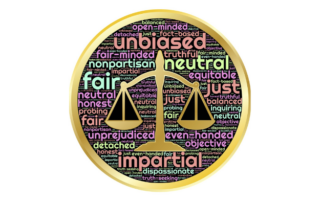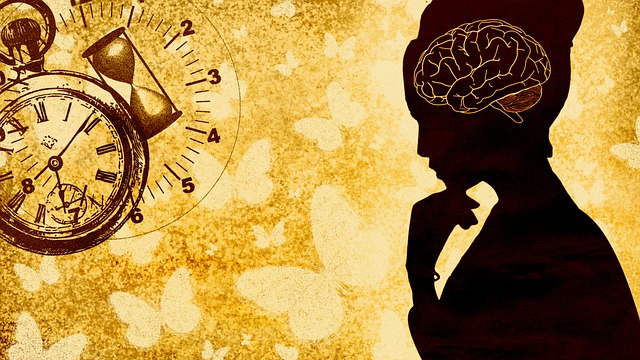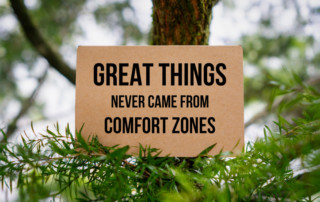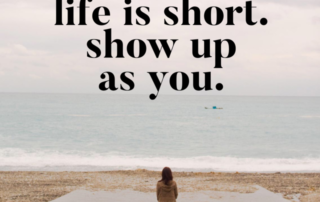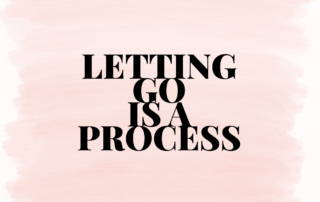What do we do now? Caring for Yourself Post-Election 2024
My eighteen-year-old daughter who’s away at college called me at 1:30 am during the counting of election ballots asking me, “Mom, what do we do now?” when she saw how the election was leaning.
Below is a portion of my responses, plus additional thoughts in the hopes they might help you care for yourself today and going forward.
“I’m devastated, too…
What we do now is keep going. Keep moving forward. Feel what we feel so we can acknowledge it, move through it, process it, and remember what matters most to us. Yesterday I felt hope, passion, and inspiration for moving forward collectively with compassion, empathy, kindness and strength. Today, the person I voted for won’t be at the helm of our country, yet that doesn’t erase my own desires and hopes. It doesn’t change the fact that half of the country DID vote to protect our democracy and personal choices. We’re all still here.
Alongside my own grief, I somehow feel more passionate, more inspired, and more motivated. Because now my values are at stake at another level. Our freedoms are truly at stake because the person who’ll be in charge doesn’t value giving others personal choice, and instead wants to control and take away many of the choices for so many of us, especially women.
It’s easy for me to blame and get angry and think WTF is wrong with people, when I see the ludicrous inconsistencies in their logic. I go there. I’m baffled when I see people choosing hate, division, and exclusion.
Yet, that’s where we are. Half of our country has chosen a man I label as a dictator and a narcissist to lead our country, and the other half wants compassion, empathy, democracy and diplomacy. I put myself in the latter category where I want us to form strong allies and allegiances– within our country and beyond. I believe we are stronger together. And I believe our actions and choices impact everyone collectively. It’s like the butterfly effect.
And, this is life. We think it’s going one way, and the outcomes are often opposite of what we expect and predict.
So, we keep going. We keep making choices that bring us closer to the kind of world we want to live in. We focus on what matters to us and make sure every action we take contributes to that. It’s a big ask because it requires all of body/mind/spirit to be conscious and online.
And we track every election by being aware of every open seat, check out who’s running and research them. We vote to fill the seats for congress, house of representatives, senate, council, mayor, governor, and of course, president with people who are democracy advocates and protectors. Vs. people who only want to use their power and control to eradicate or shame anyone who disagrees with them.
I told her, we do what we did in this election – see who’s up in each seat, check them out, hear what they have to say, and cast our vote as it aligns with our values. And, if we’re inspired to do more, we do.
Regardless of who’s at the helm of our country, we get to use our voice and be loud. Look at Rosa Parks – she changed history forever with one choice. As of right now, we still have our 19th amendment.”
So, how do you care for yourself post election? What I’m doing is this: Feeling what I feel, recognizing that my own sadness is longing for a world where peace, inclusion, kindness, tolerance and acceptance is valued. Then I’m asking myself how I can be more conscious about the choices I make in each moment that contributes to those things. I’m asking myself what actions I can take to allow me to feel the way I want to feel, and to promote that feeling with others creating connection, and all the things I just named.
I choose to connect to what matters, and chose from a place of self-awareness around my emotions, instead of blindly reacting and spewing hate.
Wrapping us all with care, hope and love that we will move forward together, in a way that connects and supports each other. Like the roots of the trees that connect underneath, we’re all connected. May we work to create the world that we ALL want to live in, and feel safe to do so as we are.



